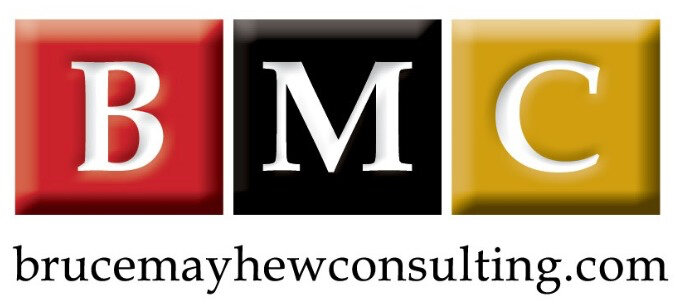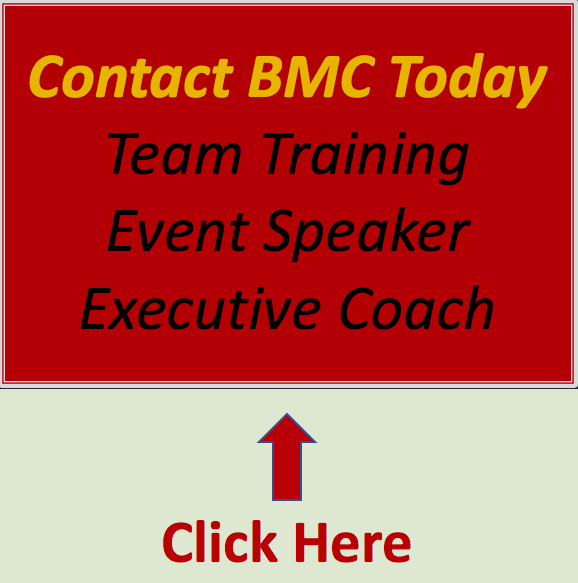Having A Challenge With Employee Performance or Employee Behaviour?
/If you’re having a challenge with employee performance or employee behaviour because it’s not at the level your business and customers need… you are not alone.
There are ways to deal with difficult employees that are productive and not steeped in conflict. In the next few minutes we are going to discuss 6 solutions that will make a difference.
Step 1. Evaluate The Challenge.
Are you having a performance challenge or a behaviour challenge… or both?
Performance: Usually easy to fix because it is related to skills and / or knowledge.
Behaviour: Usually more difficult to fix because it is related to a person’s actions supported by beliefs, personality and/or attitude.
Note: A challenge can be both.
Both: Usually more difficult to fix as well. If a person’s behaviour (absenteeism), results in them missing performance (job) deliverables.
In either case, if a leader does not address employee challenges, the challenges and the employee will negatively impact the organization. Morale will likely drop, other team performance and behaviour may drop, overall employee absenteeism and staff turnover may go up resulting in higher hiring and re-training costs and in worst-case scenarios, the corporate brand suffers.
Step 2. Inform
While it will potentially be a quicker solution if the challenge is performance based, recognize when you bring this up with your employee, they may feel vulnerable. This vulnerability can be that they are letting you down, they may fear they are going to be fired and/or they may be embarrassed. For all of these reasons and more, when you share the challenge, do it at a time and place the employee will feel protected and have time to explore and perhaps re-set their emotions.
Step 3. Manage Expectations
As their leader, go through your expectations. Hopefully this will not be the first time they have heard this content. Confirm they are on the same page – have them share those expectations back to you.
If it is a performance challenge training is often a reasonably cost effective and timely solution. Coaching and/or mentoring is also often a good support.
If it is a behaviour challenge it may be helpful to have their job description and employee contract on hand. A review of company values is also often helpful. As with a performance challenge, coaching and/or mentoring is also often a good support although a more senior / experienced coach and/or mentor is recommended.
Work with them (don’t dictate), to find solutions for them to increase their performance and/or change their behaviour. Make them part of the solution, noting the solution does have to be in line with department / project needs, team respect and company values.
Step 4. Check In
Follow-up shortly after… perhaps a day or two later. Make sure they feel good about the meeting you had and ask if they have any other questions or ideas now that they have had more time.
Step 5. Implement Solution(s)
Make a plan and take it step by step. By all means, keep everyone informed of your expectations and what changes are being made.
As you share information focus on why the changes are being made and most importantly how it impacts them. Far too often leaders focus on how the change impacts the business or customers… but forget how they impact to people who have to carry out the change. How does change make your employees lives better? Do the changes:
Provide a learning opportunity and potential for growth?
Make their work easier?
Make their work less stressful?
Make their work / more safe?
Make the product / service / company more environmentally sustainable - therefore they can be proud?
Increase communication with other departments?
No matter who you are or where you are, when you experience change fear and hesitation of the unknown is a natural response. As a leader it’s our responsibility to anticipate this fear and plan in advance how to minimize it.
Step 6. Keep A Respectful Eye On Performance And Behaviour
When it’s necessary, feedback should be constructive and never be seen as punitive or a surprise. Individuals and teams should expect to be held accountable but this doesn’t mean their leader should be discourteous or unsympathetic.
Great leaders share that challenges and setbacks often can teach us more than successes and… they can be important professional development opportunities. Recognize that feedback often causes stress and anxiety so be clear that your goal is to help everyone be the best they can be.
Conclusion
I hope this shows you there are ways to deal with difficult employees without turning it all onto the employee. There are often many different things that may be throwing your employee off their game resulting in you having a performance challenge or a behaviour challenge.
Every leader will experience this not once, not twice but on a (hopefully) irregular basis. Dealing with these situations quickly is critical and knowing how to recognize the challenge, evaluate the challenge and then manage the challenge will give every leader the confidence to deal with these situations.
About Bruce and Bruce Mayhew Consulting.
Toronto corporate trainer Bruce Mayhew Consulting (BMC) creates customized professional development courses at our Canadian management central office in Toronto. We specialize in Leadership, Communication and other soft skills training solutions.
BMC helps your greatest assets think productive and be productive.
Bruce is an experienced motivational speaker in Toronto and has inspired audiences across Canada and within the USA and the UK. Bruce works hard to always make sure your training event, conference, retreat, or annual general meeting is a success.
If you would like to learn more about how you and your organization can benefit from our communication skills courses email us by clicking here or one call does it all at 416.617.0462.
Bruce Mayhew Consulting's most popular programs are Email Writing Training, Leadership & New Leadership Development, Difficult Conversations, Generational Differences / Millennials At Work, Time Management Training and more.



